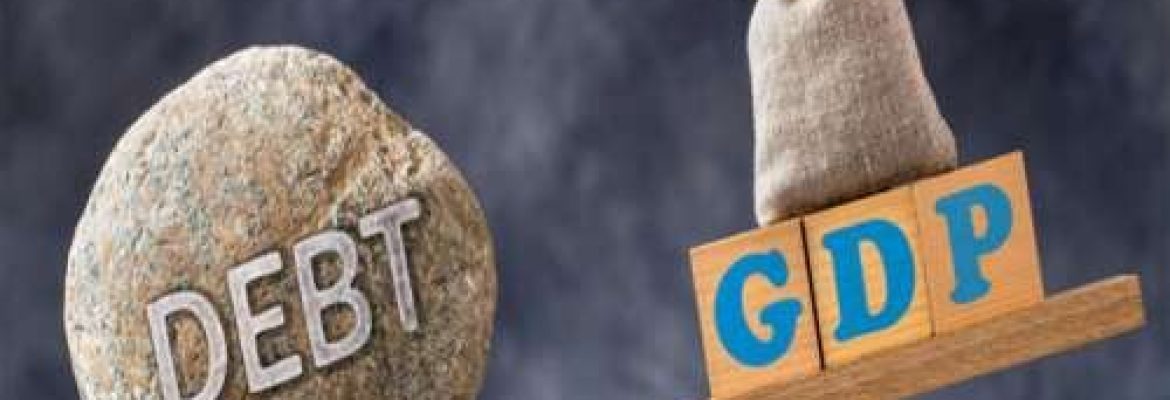Ghana, like many other developing countries, has struggled with a growing debt burden in recent years. To address this issue, the government introduced a debt exchange program, which aimed to restructure its outstanding debts and make them more sustainable. The program, officially known as the Ghana Debt Exchange (GDX) program, was launched by the Government of Ghana in 2019 as part of efforts to reduce the country’s debt burden which had become unsustainable.
Under the GDX program, the government offered holders of selected domestic debt securities the opportunity to exchange their holdings for longer-term bonds with maturities of up to 20 years. The bonds offered under the program were issued at a higher interest rate than the securities being exchanged, which was intended to provide an incentive for holders to participate in the exchange.
The goal of the GDX program was to lengthen the maturity profile of Ghana’s domestic debt and reduce the government’s debt servicing costs over the long term. The program was largely successful, with the government reporting that it had exchanged over 80% of the eligible debt securities by the time the exchange offer closed in October 2019.
While the debt exchange program was intended to address Ghana’s growing debt burden, many Ghanaians and investors have disapproved the program for its negative impact on the economy and citizens on the count that, the debt exchange program involved issuing new bonds with higher interest rates than the old bonds, which increased the government’s debt service costs. This has put pressure on the government’s finances and limited its ability to invest in critical sectors such as healthcare and education.
Investment advisors have also argued that, the debt exchange program has also led to a significant devaluation of the Ghanaian cedi, the country’s currency. This has made imports more expensive and reduced the purchasing power of Ghanaians, who are struggling with high inflation and low incomes. Additionally, it has reduced investor confidence. The debt exchange program has eroded investor confidence in the Ghanaian economy, as many investors are wary of investing in a country with a high debt burden and unstable currency. This has made it difficult for the government to attract foreign direct investment, which is crucial for economic growth.
The debt exchange program has also disproportionately affected the poor in Ghana, who are already struggling to make ends meet. The high debt service costs and devaluation of the currency have led to higher prices for basic goods and services, making it even harder for the poor to afford essential items. Some Ghanaians have also criticized the debt exchange program for its lack of transparency and accountability. They argue that the government has not been transparent about the terms and conditions of the new bonds, which has fuelled speculation and uncertainty among investors and citizens.
Most Ghanaians have increasingly turned to the banking sector as a major source of investment. With the introduction of the debt exchange program, Ghanaians are realizing that they need to look for other sources or places to invest their money. As the country continues to face economic challenges, it is important to consider new avenues for growth and investment. One such avenue is agriculture, and in particular, investing in Agritech companies like Farm 360 Global.
Farm 360 Global is an Agritech company that engages in crowdfunding to sponsor farm projects in Ghana. Through its platform, investors can choose to invest in specific farm projects and receive returns based on the success of those projects. By investing in Farm 360 Global, individuals can not only support the growth of agriculture in Ghana, but also earn a return on their investment.

